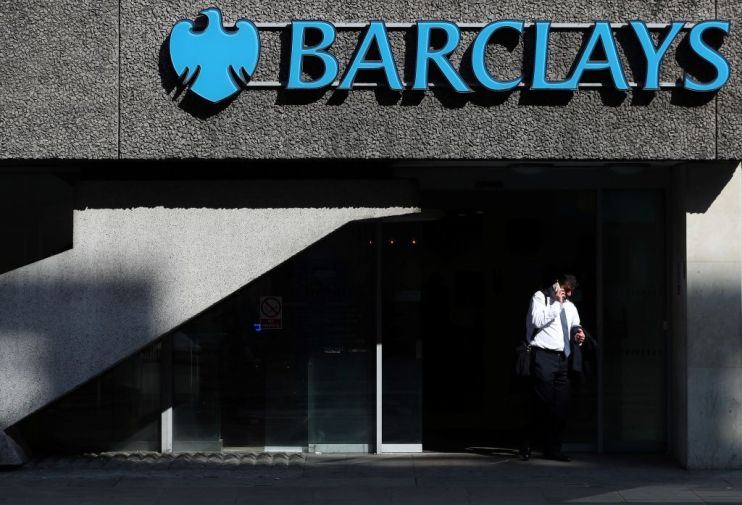Barclays, NatWest and HSBC increasingly targeted by litigation funders in wave of class-action lawsuits

The UK’s top banks are increasingly being targeted with class-action lawsuits as litigation funders back claims against some of Britain’s largest lenders in their pursuit of high returns.
Banks listed on the FTSE 100 index are currently facing at least 109 class-action lawsuits in multiple countries around the world, according to analysis by law firm RPC.
London-headquartered Barclays is bearing the brunt of the class actions wave facing at least 41 separate claims, RPC’s analysis shows.
HSBC is subject 31 collective-action cases, while NatWest is facing 28 class-actions of its own, the law firm said.
The spate of class actions signals litigation funders are increasingly looking towards wealthy big banks in their efforts to generate greater returns from the cases they bankroll.
Litigation funders, who are generally backed by hedge funds and private equity funds, generally take a cut of any winnings.
Class actions, which are brought forward on behalf of huge numbers of claimants, are seen as particularly attractive to litigation funders due to the large payouts on offer.
Due to the nature of class actions being brought forward on behalf of large and disparate groups of individuals, third-party financing is usually required to get any claim off the ground.
The growth of the UK’s litigation funding sector in turn poses a threat to big banks and other UK corporates in exposing them to a greater risk of legal action.
RPC partner Daniel Hemming warned “banks and other large UK corporates are likely to face a gradual rise in class actions” as he claimed litigation funders are now “front of the queue to back” collective claims.
He also warned the growth of heavily backed third-party financiers means “banks and other large corporates can no longer rely on the prohibitive cost of these cases putting off potential claimants”.
Hemming noted that the global economic downturn could see investors plough more money into litigation funds, as they seek out counter-cyclical investments that are not linked to traditional financial markets.
“Coupled with an increase in asset price volatility, a recessionary environment and litigation funders looking for more cases, over the short to medium term it is realistic to expect the number of class and group actions to grow globally,” Hemming said.
Rising interest rates could however hinder the global litigation funding sector, in making it harder for private equity funds to raise money.
The 109 class-actions against FTSE 100 banks include 41 related to the Libor scandal and a further 18 related to breaches of the US Anti-Terrorism Act.
The Libor scandal saw leading banks, including Barclays, seek to fix the London Inter-Bank Offered Rate (LIBOR), through which interest rates were calculated until 2021, by submitting false rates.
Those banks that participated in Libor manipulation have faced a series of high-profile class action lawsuits, particularly in the US.
Leading British banks that have previously processes payments to countries including Iran and Afghanistan have also faced claims over allegations of assisting terrorist financing.
Hemming warned top UK companies will likely soon face a wave of ESG related claims in the near future.
“It does not take much analysis to conclude that we will see ESG-related claims being added to this list over the next five years,” the lawyer said.